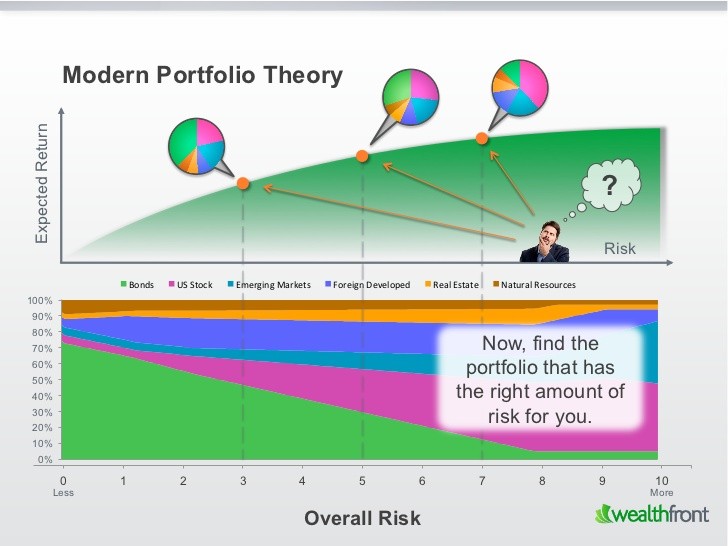How To Find The Best Oil ETF For Your Portfolio
Post on: 11 Июнь, 2015 No Comment

It only used to be possible for large financial institutions and extremely wealthy individuals to invest in the oil market. However, with the recent influx of all the Oil ETF funds, it makes it possible for just about anybody to make bets on the price of oil.
Whether you want to trade oil in the long term or short term this is all possible with oil exchange traded funds. There are also both long oil ETFs and short oil ETFs allowing the opportunity to profit in both directions.
So which is the best oil ETF?
Well, my favorites are:
United States Oil Fund USO
Oil Price Chart
If you want to see the historical price of oil so you can compare it to the ETFs, here is a chart below:
If you would like to see oil charts in more detail, good sources include:
Oil is different to many ETFs because in most cases buying oil and storing it is not a realistic option due to the storage costs. So unlike say a gold ETF, where the fund manager would have the option to buy physical gold bullion and store it, most crude oil ETF fund managers use oil futures contracts to attempt to track oil prices.
What are futures contracts?
A futures contract is a financial derivative. The contract obligates the seller of the contract to provide a specific asset to buyer on a mutually agreed date. Like ETFs there are futures contracts for many instruments including oil, gold, wheat, orange juice, milk, currencies and much more.
Of course, instead of trading an oil exchange traded fund, you could buy the futures contracts directly, cutting out the need for an ETF. However, to fully understand how futures work is likely to take a considerable amount of time and may not suitable for many investors. Oil futures contracts are traded on margin with the nominal value of a contract often in excess of $50,000, making them unsuitable for smaller investors.
Which factors affect the price of oil?
Supply and demand As with all markets this is the main factor that moves the price. If the economy is booming and there is barely enough supply to meet growing demand, the price of oil is likely to be a lot higher than if we are in the middle of a global recession and oil inventories are growing.
OPEC decisions on supply can often greatly affect price. The oil market often moves on speculation on OPEC decisions before they are announced.
Natural Disasters Natural disasters such as hurricanes can affect the price of oil, especially if they are going to in any way disrupt the supply of oil.
Geopolitical Tension A large proportion of the oil is in the middle east. The stability or lack of stability can often move the oil market, especially if any unrest is likely to threaten supply.
Finding new sources If a huge new oil field was found tomorrow, supply would be increased and there is a good chance that there would be downward pressure on the price.
So, is trading oil ETFs suitable for me?
Well, there is no doubt that trading oil is risky. Oil prices can be very volatile as history has shown us and it is highly likely that prices in the future will remain volatile. If you fully understand the risks, have some risk capital and have done your homework, trading oil ETFs may be a suitable option for you.
However, if you dont have sufficient risk capital at this time, id save up some money first!














